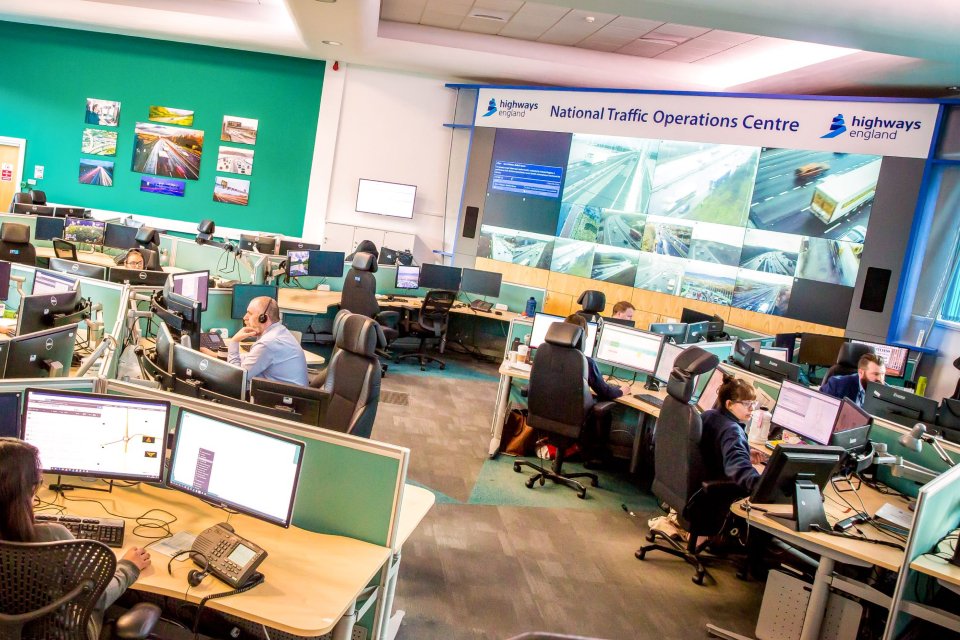
CASE STUDY
Public Sector Office Gains Data for Accounting and Carbon Reporting
Client
National Highways, formerly known as Highways Englmand, is a government-run organisation tasked with developing, managing and maintaining the UK’s strategic road network (SRN), which is made up of motorways and major roads.
It is a limited company with shares under the ownership of the Secretary of State for Transport.
Need
National Highways have significant and diverse energy needs. Not only does the organisation have to pay the standard running costs of a commercial office space, including heating, ventilation and appliances but they also have several high-consuming assets such as road lights and machinery.
National Highways’ Energy Strategy Manager, Kevin Denney, explains that the business has “over 100 depots across the road network and lots of main offices… in a number of buildings, there is multi-occupancy. [National Highways] rents one or more floors from a landlord and then receives an overall bill.” As such, the company needs accurate information on energy usage across the different tenancies in order to divide the costs fairly.
Challenges & our approach
GridDuck’s installation process with National Highways posed several challenges. For example, lack of phone signal made 4G hub connectivity unlikely. Also, thick basement walls, lack of site and circuit diagrams and also limited available power were important considerations in establishing how GridDuck’s hardware should be set up.
Furthermore, all of these initial sites chosen for installation were in use, which made a smooth transition process even more important so as to avoid disrupting National Highways’ staff and operations. Fortunately, GridDuck’s simple, instruction-led setup and wireless hardware designs allowed the set-up process to be as efficient as possible.
Result
Through both the installation process and the data obtained, GridDuck’s system allowed National Highways to meet their key criteria of being able to monitor data granularly, divide building costs fairly between different stakeholders and improve operations based on energy usage.
According to Mr Denney, one of the project’s greatest benefits was its provision of immediate data for reporting. He explains: “GridDuck’s a web-based system, so we don’t have to go anywhere to take readings; it’s all in one place. We can find data ourselves, straight away in order to populate reports which we are contractually obliged to submit.” Contact us to learn more.




